How to Prevent Diesel Generator Battery Charging Failures?
Maintaining the battery charging system of your quiet diesel generator is crucial for ensuring reliable power supply, especially in critical applications. Battery charging failures can lead to unexpected downtime, potentially disrupting operations in industries ranging from healthcare to construction. This comprehensive guide will explore common causes of charging failures, preventive maintenance practices, and troubleshooting techniques to keep your generator's battery system in optimal condition.
To prevent diesel generator battery charging failures, it's essential to implement a proactive maintenance schedule, regularly inspect key components, and address potential issues before they escalate. This approach not only extends the life of your generator but also ensures its readiness during power outages or in remote locations where consistent electricity is vital.

Why won't my quiet diesel generator charge its battery properly?
Several factors can contribute to battery charging issues in diesel generators. Understanding these common culprits is the first step in preventing and resolving charging failures:
1. Alternator Problems
The alternator is responsible for charging the battery while the generator is running. Wear and tear on alternator components, such as brushes or bearings, can lead to reduced charging efficiency or complete failure. Regular inspection and timely replacement of worn parts are crucial for maintaining optimal alternator performance.
2. Faulty Voltage Regulator
The voltage regulator controls the output of the alternator to ensure proper battery charging. A malfunctioning regulator can result in overcharging or undercharging, both of which can damage the battery and lead to charging failures. Periodic testing of the voltage regulator can help identify issues before they affect the entire charging system.
3. Corroded or Loose Connections
Corrosion on battery terminals or loose connections in the charging circuit can impede the flow of electricity, resulting in inadequate charging. Regular cleaning of battery terminals and tightening of all electrical connections are simple yet effective preventive measures.
4. Battery Age and Condition
As batteries age, their ability to hold a charge diminishes. Even with a properly functioning charging system, an old or damaged battery may fail to maintain sufficient charge. Implementing a battery replacement schedule based on manufacturer recommendations and usage patterns can prevent unexpected failures.
Jlmech's quiet diesel generator models are designed with robust charging systems to minimize these issues. However, understanding these potential problems allows operators to take proactive steps in maintaining their generators, regardless of the brand.
Best maintenance practices for diesel generator alternator charging systems
Implementing a comprehensive maintenance routine is key to preventing battery charging failures and ensuring the longevity of your diesel generator's electrical system. Here are some best practices to incorporate into your maintenance schedule:
1. Regular Inspections
Conduct visual inspections of the alternator, battery, and associated wiring at least monthly. Look for signs of wear, corrosion, or damage that could affect the charging system's performance. Pay special attention to belt tension and condition, as a loose or worn belt can significantly impact alternator efficiency.
2. Battery Maintenance
Proper battery care is essential for preventing charging failures:
- Keep batteries clean and dry to prevent corrosion
- Check and maintain proper electrolyte levels in non-sealed batteries
- Test battery voltage and specific gravity regularly
- Ensure battery terminals are tight and free of corrosion
3. Alternator Testing
Periodically test the alternator's output to ensure it's producing the correct voltage and amperage. This can be done using a multimeter or more advanced diagnostic tools. If output is below specifications, further investigation and potential repairs may be necessary.
4. Load Bank Testing
Annual load bank testing not only assesses the generator's overall performance but also puts the charging system through its paces. This test can reveal issues that might not be apparent during normal operation or no-load testing.
5. Keeping Detailed Records
Maintain comprehensive maintenance logs, including dates of inspections, test results, and any repairs or replacements made. These records can help identify patterns or recurring issues, allowing for more proactive maintenance planning.
Jlmech's commitment to quality is evident in their generator diesel silent 220V model, which boasts robust charging systems designed for longevity and reliability. With an AC output range of 20-3000KW and compatibility with various engine types, these generators are built to withstand demanding applications while maintaining efficient battery charging capabilities.
How to troubleshoot a dead battery in a silent diesel generator?
Despite best maintenance efforts, you may occasionally encounter a dead battery in your quiet diesel generator. Knowing how to troubleshoot this issue can help you quickly identify the root cause and implement the appropriate solution:
1. Initial Assessment
Begin by checking the battery voltage using a multimeter. A fully charged 12V battery should read around 12.6 volts. If the voltage is significantly lower, the battery may be discharged or faulty.
2. Charging System Evaluation
If the battery voltage is low, attempt to charge it using an external charger. If the battery accepts a charge and holds it, the issue may lie with the generator's charging system rather than the battery itself.
3. Alternator Output Testing
With the generator running, measure the voltage across the battery terminals. It should be between 13.8 and 14.2 volts. If it's lower, the alternator may not be charging properly.
4. Belt Inspection
Check the alternator belt for proper tension and signs of wear. A loose or damaged belt can prevent the alternator from spinning at the correct speed, resulting in inadequate charging.
5. Wiring and Connection Check
Inspect all wiring and connections in the charging circuit. Look for loose connections, frayed wires, or signs of corrosion. Clean and tighten connections as necessary.
6. Voltage Regulator Testing
If all other components appear to be in good condition, the voltage regulator may be at fault. Testing this component often requires specialized equipment and may be best left to a qualified technician.
Jlmech's silent diesel generator 437kVA model exemplifies the company's commitment to reliability and ease of maintenance. With its robust design and advanced features, including electric starting and water cooling, this generator is built to withstand demanding conditions while minimizing the risk of battery charging failures.
Choosing the Right Generator for Your Needs
When selecting a quiet diesel generator for your application, consider factors such as power output, noise levels, and maintenance requirements. Jlmech offers a range of options to suit various needs:
- Generator diesel silent 220V: Ideal for noise-sensitive environments, with AC output ranging from 20-3000KW
- Silent diesel generator 437kVA: Engineered for high power output with noise levels below 75 dB at 7 meters
- Big generator diesel generator silent: Designed for extreme conditions, with customizable options for various applications
These models feature advanced technology to ensure reliable battery charging and overall performance, backed by Jlmech's commitment to quality and customer support.
Conclusion
Preventing diesel generator battery charging failures requires a combination of regular maintenance, proactive troubleshooting, and selecting the right equipment for your needs. By following the practices outlined in this guide and choosing a reliable generator from a reputable manufacturer like Jlmech, you can significantly reduce the risk of unexpected downtime due to battery issues.
For industrial and manufacturing sectors, construction projects, healthcare facilities, and other critical applications, a reliable power supply is non-negotiable. Jlmech's range of quiet diesel generators offers the perfect blend of performance, efficiency, and durability to meet these demanding requirements.
Are you looking for a robust, efficient, and low-maintenance diesel generator solution for your business? Contact Jlmech today at skala@whjlmech.com to discuss how our expert team can help you find the perfect power solution tailored to your specific needs. With over 29 years of industry experience, ISO 9001/14001 certifications, and a global support network, Jlmech is your trusted partner in reliable power generation.
References
- Johnson, M. (2022). Diesel Generator Maintenance: Best Practices for Longevity. Power Engineering Journal, 45(3), 78-85.
- Smith, R. A. (2021). Troubleshooting Diesel Generator Battery Systems. Industrial Maintenance & Plant Operation, 33(2), 112-120.
- Brown, L. K. (2023). Advancements in Silent Diesel Generator Technology. Energy Technology Review, 17(4), 205-213.
- Garcia, F., & Thompson, E. (2022). Optimizing Diesel Generator Performance in Extreme Environments. Journal of Power Systems, 29(1), 45-53.
- Wilson, H. J. (2021). The Impact of Regular Maintenance on Diesel Generator Reliability. Facilities Management Quarterly, 56(2), 89-97.
- Lee, S. Y., & Park, J. H. (2023). Comparative Analysis of Battery Charging Systems in Modern Diesel Generators. International Journal of Electrical Power & Energy Systems, 142, 108355.
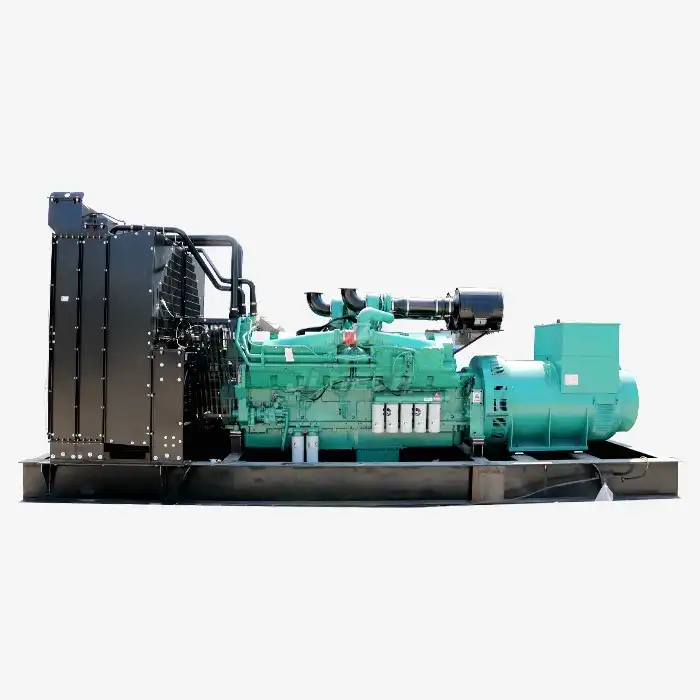 VIEW MOREMining generator engine
VIEW MOREMining generator engine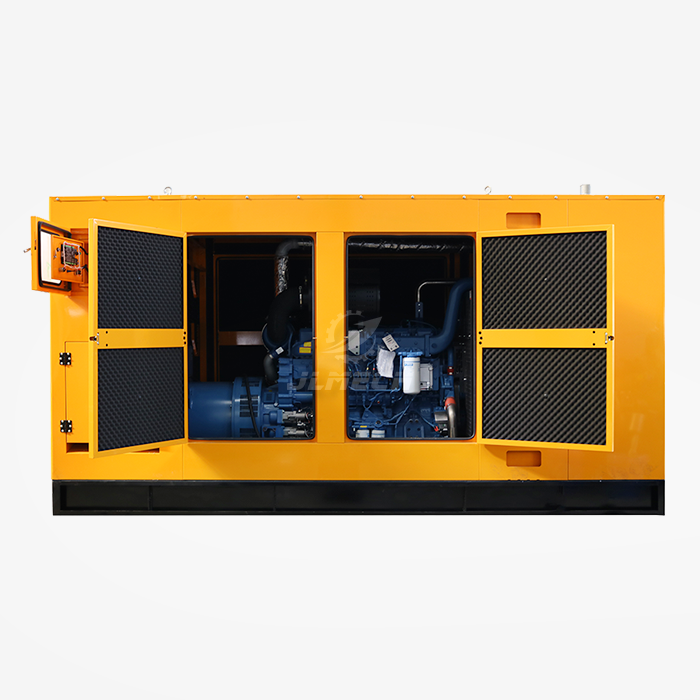 VIEW MORE50KW 60Hz 220V diesel generator
VIEW MORE50KW 60Hz 220V diesel generator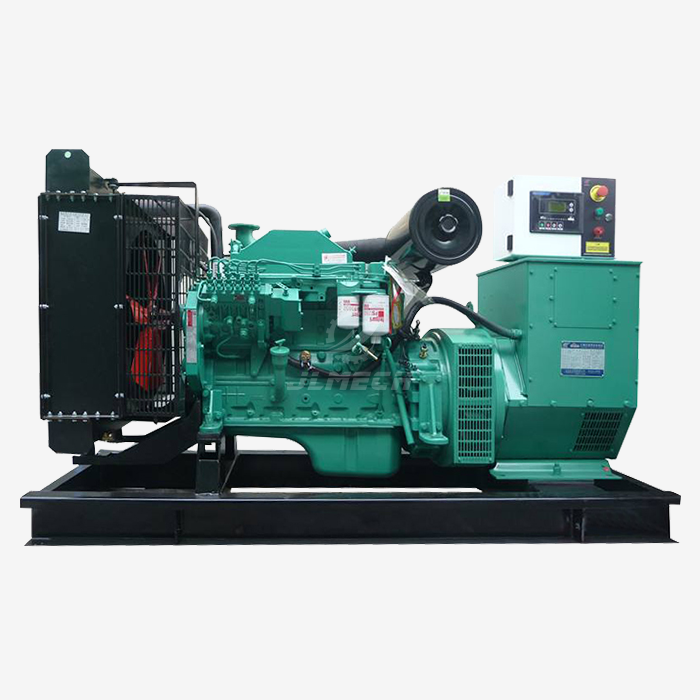 VIEW MORERemote Start Diesel Generator
VIEW MORERemote Start Diesel Generator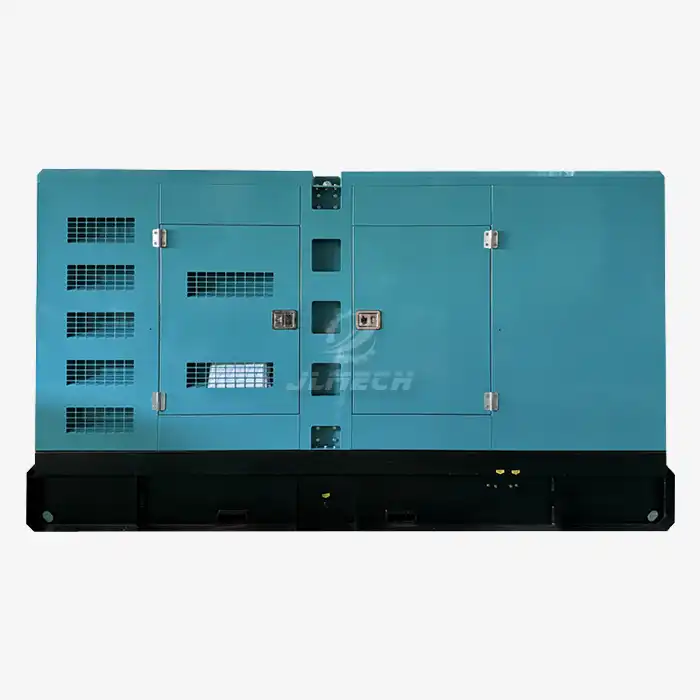 VIEW MOREOutdoor application diesel generator
VIEW MOREOutdoor application diesel generator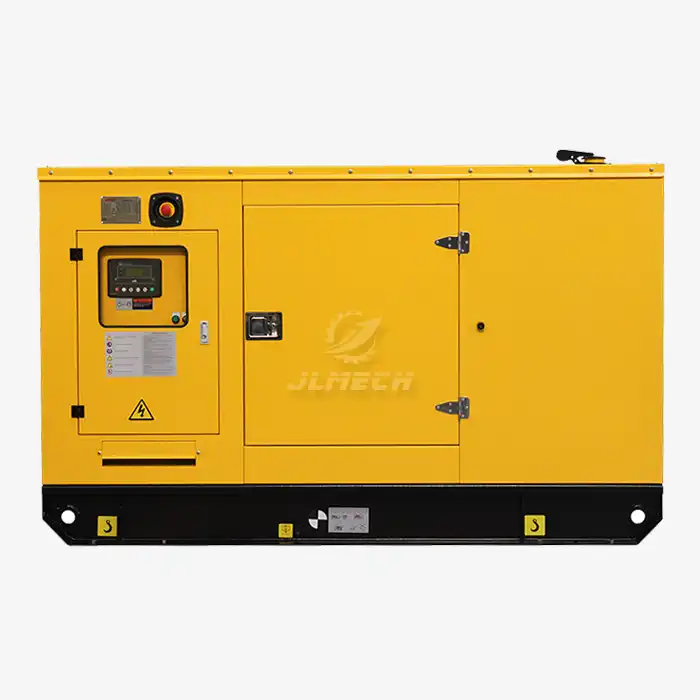 VIEW MOREElectric Silent Diesel Genset
VIEW MOREElectric Silent Diesel Genset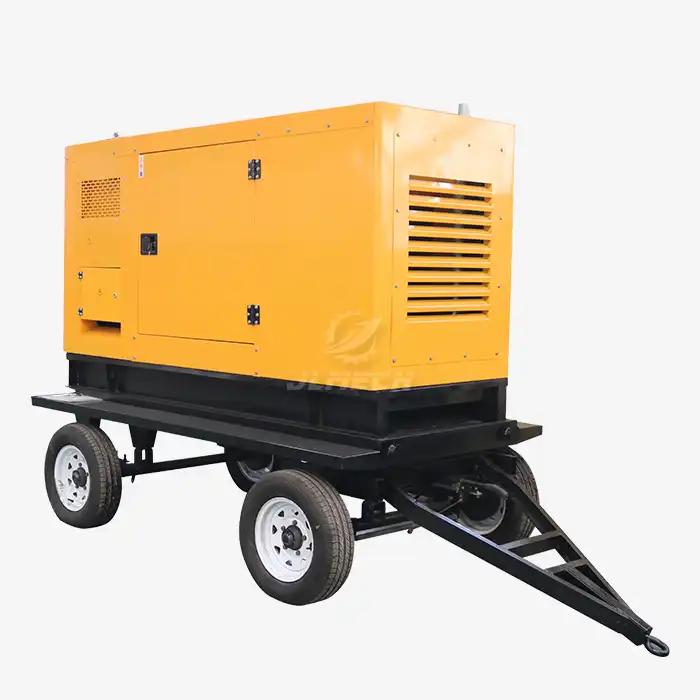 VIEW MOREportable diesel powered generator
VIEW MOREportable diesel powered generator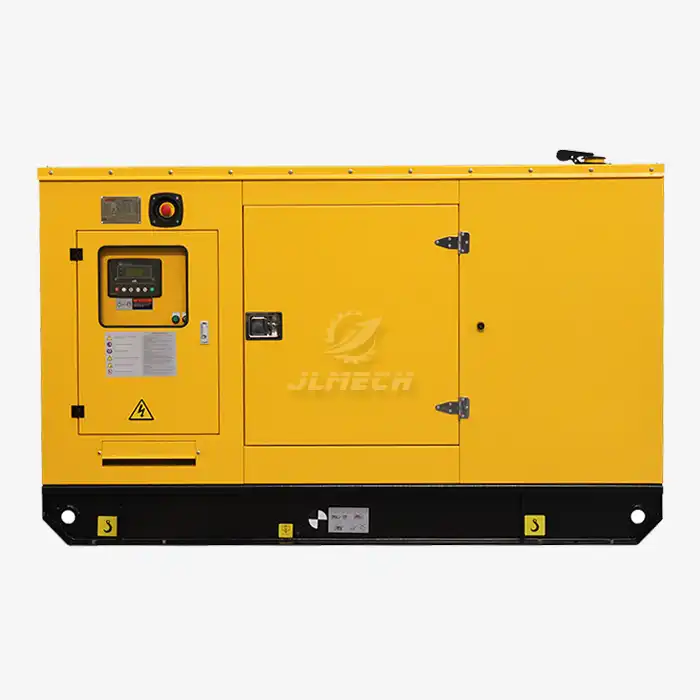 VIEW MOREshangchai diesel generator 20KW
VIEW MOREshangchai diesel generator 20KW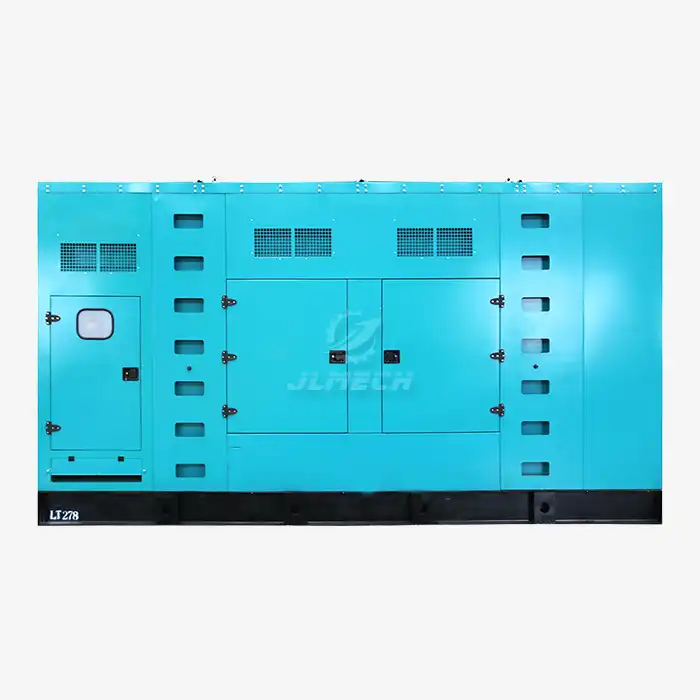 VIEW MOREdiesel generator 330kva
VIEW MOREdiesel generator 330kva



